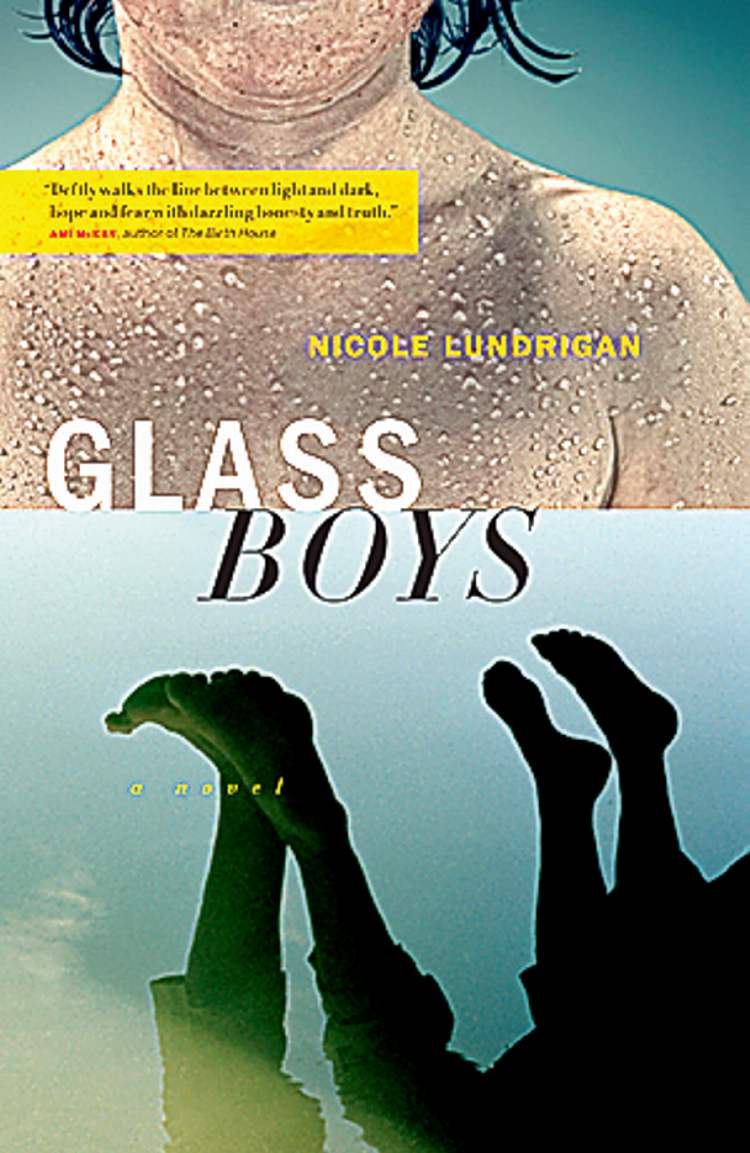Characters revealed in minute detail
Advertisement
Read this article for free:
or
Already have an account? Log in here »
To continue reading, please subscribe:
Monthly Digital Subscription
$0 for the first 4 weeks*
- Enjoy unlimited reading on winnipegfreepress.com
- Read the E-Edition, our digital replica newspaper
- Access News Break, our award-winning app
- Play interactive puzzles
*No charge for 4 weeks then price increases to the regular rate of $19.00 plus GST every four weeks. Offer available to new and qualified returning subscribers only. Cancel any time.
Monthly Digital Subscription
$4.75/week*
- Enjoy unlimited reading on winnipegfreepress.com
- Read the E-Edition, our digital replica newspaper
- Access News Break, our award-winning app
- Play interactive puzzles
*Billed as $19 plus GST every four weeks. Cancel any time.
To continue reading, please subscribe:
Add Free Press access to your Brandon Sun subscription for only an additional
$1 for the first 4 weeks*
*Your next subscription payment will increase by $1.00 and you will be charged $16.99 plus GST for four weeks. After four weeks, your payment will increase to $23.99 plus GST every four weeks.
Read unlimited articles for free today:
or
Already have an account? Log in here »
Hey there, time traveller!
This article was published 03/09/2011 (5211 days ago), so information in it may no longer be current.
Glass Boys
By Nicole Lundrigan
Douglas & McIntyre, 300 pages, $23

Newfoundland author Nicole Lundrigan trained as a physical anthropologist. She spent time hunched over the remains of the dead, exhuming graves and examining teeth and bones to make out how a person lived and died.
Fifteen years later, Lundrigan no longer digs for bones, but conjures her characters with a vivid imagination while never quite abandoning the empirical sensibility of an anthropologist.
In her fourth novel, a drunken prank gone wrong results in the death of a man in the fictional Newfoundland village of Knife’s Point. And though the courts rule the death is an accident, the events leave his brother consumed by hate for the man he holds responsible.
Glass Boys is a suspenseful saga that explores themes of hardship and family relationships in an isolated village. It is rendered with haunting honesty and detail, right down to the outport Newfoundland dialect.
Some readers might be reminded of Steinbeck’s classic East of Eden, or the Miramachi novels of New Brunswick’s David Adams Richards, where both love and evil have a momentum of their own and each generation grapples with a mixed inheritance.
Driven by deft plotting and vivid imagery, the novel unfolds like an anthropological dig — a body only visible in parts — and Lundrigan is never rushed into revealing the whole.
The story begins with the slaying of Roy Trench, but is preoccupied with what comes after for his brother Lewis, a police officer, a father of two boys and a man so desperate to escape the horror of the past that he leaps headlong into marriage and fatherhood with a woman that he never really sees clearly until it is too late.
Lundrigan is expert at rendering minute but revealing detail about her characters and has a talent for conveying the inner world of young boys — a world infused with real and imagined significance, where a toad or a jar or a roll of carpet can eclipse almost everything else.

The olfactory sense looms large in Glass Boys — a bit of rotten fish trapped in a drain, a mattress pungent from a childhood of bed-wetting. At one point, a brain-damaged teenager, having lost his sense of smell, becomes possessed with the idea that he can find it again by hunting for it in the homes of his neighbours under cover of darkness.
Lundrigan describes her characters with such thoroughness that the reader senses even the most the unforgivable could be understood with enough context.
The novel suggests that the sins of each generation can be traced to the rot and spoil of the last.
Meghan Potkins is a Free Press reporter.


